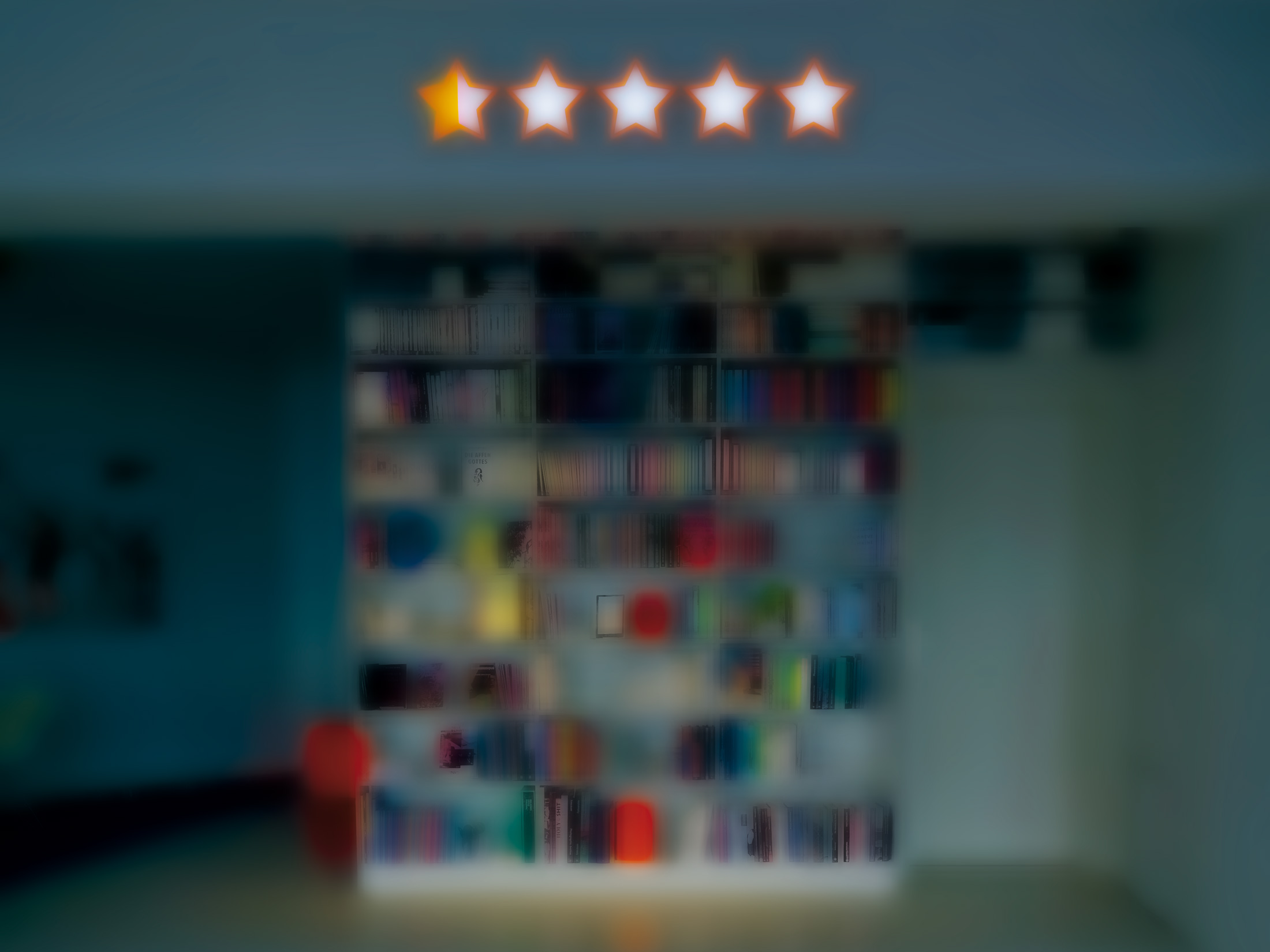Sprache
Typ
- Buch (6)
- Wissenschaftlicher Artikel (2)
- Interview (0)
- Video (0)
- Audio (0)
- Veranstaltung (0)
- Autoreninfo (0)
Zugang
Format
Kategorien
Zeitlich
Geographisch
Nutzerkonto
Sammelband
Zu einer Poetik des Seriellen
Elisabeth Bronfen (Hg.), Christiane Frey (Hg.), David Martyn (Hg.)
Noch einmal anders
Artikel
I’m not really sure what is and what isn’t theory.
Tom McCarthy
“Something that is not nothing”
-
Halluzinatorische Chroniken New Yorks
Reportagen, Fiktionen, Wirklichkeiten der Hauptstadt des 20. Jahrhunderts
Mário Gomes
Über literarische Sprengkraft
Kaum etwas setzt schneller Rost an als Kriegsgerät und Literatur. Da nützt weder Pflege noch Wartung, am besten ist es, man lässt das Material einrosten und rüstet derweil am anderen Ende nach, erweitert Bestände, feilt an Technologien und poliert vor allem die Oberflächen auf Hochglanz, bzw. man nimmt den einfachen Weg und lässt eine Glanzschicht auftragen – einen feinen, seidenen Film –, denn so geht das heutzutage: man trägt auf. Dieser chemische Glanz der Panzer und Bücher kommt von der Sprühdose. Er hält allerdings nicht lange, sondern schwindet, sobald das Auge sich abwendet, und das Auge wendet sich schnell ab. Wo der Blick dann aber als nächstes hin eilt, glitzert und funkelt es wieder: bei jeder Militärparade wie bei jeder Buchmesse.
Dieser Glanz ist jedoch bei weitem nicht das einzige, was Krieg und Literatur verbindet. Ihre Verknüpfungen sind vielfältig und verworren. Wo Gewalt aufhört und das Schriftzeichen anfängt, ist selten klar,...
Pier Vittorio Aureli
Weniger ist genug
Chantal Akerman
Meine Mutter lacht
Johannes Binotto
Der Zähmung widersprechen
Von der Zähmung zu sprechen und ihr zu widersprechen muss damit anfangen, das Wort selbst zum Reden zu bringen. »Zahm« – der rätselhafte Ausdruck geht auf dieselben sprachgeschichtlichen Wurzeln zurück wie die Wörter »Damm« und »Zimmer«. Das Zähmen, so macht die Etymologie damit bereits klar, ist ein Akt der Eindämmung, des Abscheidens und der Einpassung. Was einmal gezähmt wurde, hat seither einen klar begrenzten Ort, seine eigene Kammer, in die es fortan nicht einmal mehr eingesperrt werden muss, weil es das Zimmer in Form seiner Zähmung dauernd mit sich herumträgt. Der zahme Bär an der Leine des Schaustellers, wie man ihn noch Anfang des 20. Jahrhunderts auf den Jahrmärkten vorführte, schien zwar auf dem offenen Dorfplatz zu stehen, steckte dabei aber doch eigentlich im grausamen Käfig seines Dompteurs, den dieser ebenso eng wie unsichtbar um ihn gezimmert hatte.
Noch suggestiver ist da das Französische, wo man das zahme Tier »animal privé«...
ACCESS EN
Dieter Mersch
Digital Criticism
Stephen Barber
An immodest proposal
J.G. Ballard’s self-declared ‘Immodest Proposal’ for a global war-alliance to exact the destruction of America demonstrates the provocatory zeal of his last fiction plans, as well as their enduring prescience. As Ballard emphasises several times in the World Versus America notebooks, he is utterly serious in his concerns and visions.
Although the Ballard estate declined permission for any images of pages from the World Versus America archival notebooks to accompany this essay, any member of the general public interested to do so can readily visit the British Library and view the notebooks in their entirety in the freely-accessible manuscripts collection there.
ACCESS DE
Dieter Mersch
Digital Criticism
ACCESS DE
